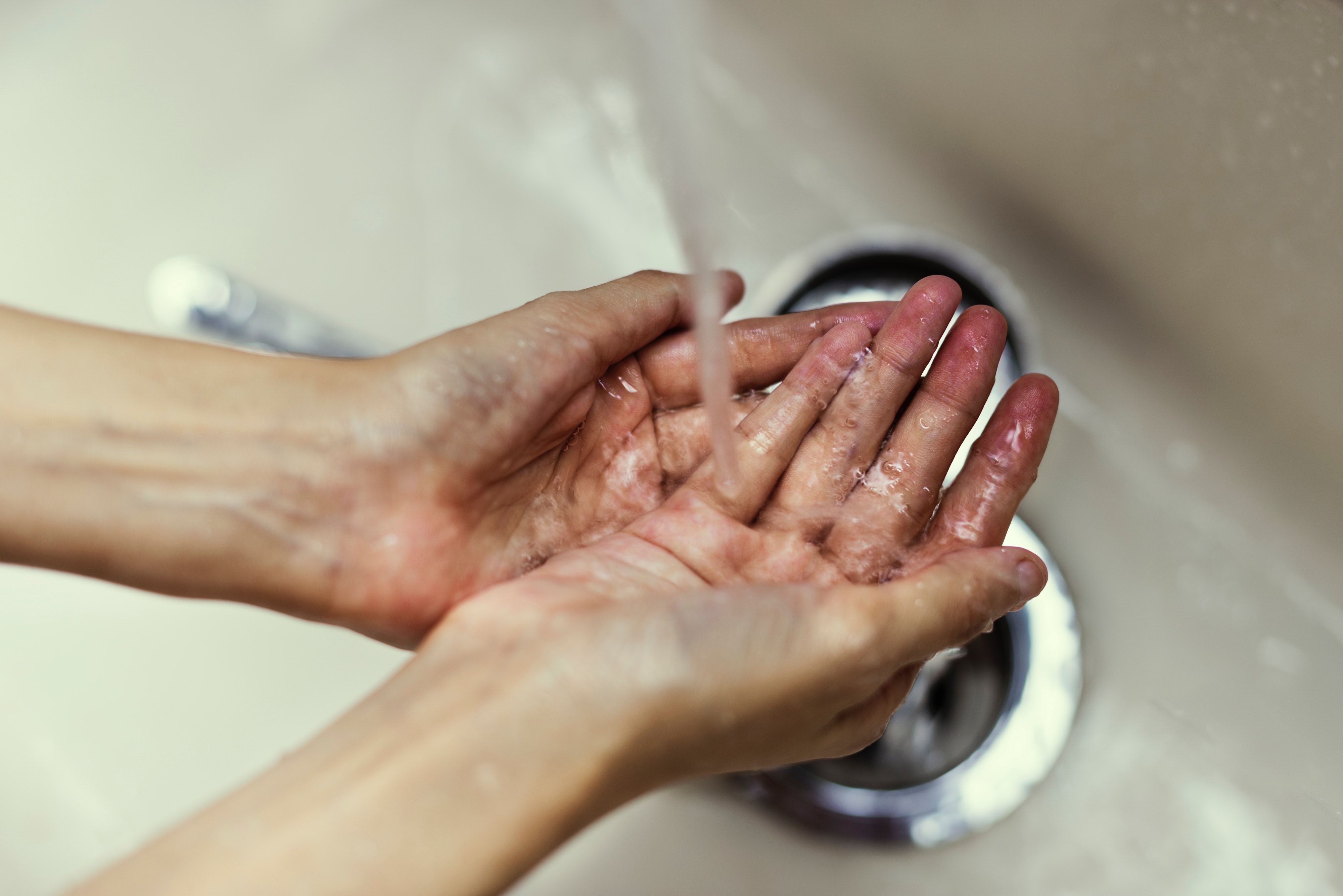Sanitized Environments and the Slow Fall of Immunity:
The Hygiene Hypothesis says we’ve been on this track for not 10s, but 1000s of years.
When was the last time you washed your hands? After tilling your garden, blowing your nose, or cooking dinner for your family? If you’re like most people, it was probably recent; hygiene is important, right? In our sanitized world, it’s essential to steer clear of dirt, germs, and infections at all costs.
The question now being brought forward by William Morrow in his new book titled “An Elegant Defense: The Extraordinary New Science of the Immune System,” asks should we really be all that hygienic, or is all of this sanitation actually hurting us? If it is hurting us, how long has this shift been going on for?
Listen to the Conversation:
Sanitized Environments and the Slow Fall of Immunity
With this inquiry, Morrow is probing at and providing new evidence for an old scientific theory called the hygiene hypothesis. This hypothesis outlines the societal changes that have been made over 1000s of years to alter our interaction with the environment around us. As we have increased our sanitation, we have decreased our immunity. The immune system is hard-wired to work in a world without medicines, vaccines, and antibiotics. While we have adapted to sanitation, evolution works too slowly to keep up.
Much like an army, the human immune system must go through a rigorous bootcamp to train for a fight against disease. The more sickness it is exposed to, the more thorough the bootcamp will be. Over-sanitation replaces barracks with blankets, and leaves the training incomplete. The fewer diseases the immune system is exposed to, the fewer it is prepared to fight. This is no revelation; we’ve understood that over-sanitation weakens the immune system for some time now. Morrow, with this update to the hygiene hypothesis, proposes that it is not changes in the past 10s of years that has caused this, but changes in the past 1000s.


More than 10,000 years ago, around the beginning of organized agriculture, humans were already starting to shift towards a more hygienic life. Agriculture brought social stratification, which created wealthy pockets of society who started creating treatments for a wide array of medical ailments. These treatments quickly became preventative, and the age of sanitation was born. Morrow outlines how early increases of allergies, diseases, and hay fever were all found in upper class, large family populations. While wealthy populations were certainly more likely to report medical problems, the data held true even when controlling for these variables. As more populations gained access to these methods of sanitation, they too fell victim to weaker immunity.
So what are we to do? As Morrow would have it, we should start eating dirt and picking our noses more. This lifestyle change, however, might not quite work for everyone. It is important to remember that every interaction we have with the outside world is helping to train our immune systems. Even if we can’t start eating our boogers every day, we can remember that a little dirt on our jeans isn’t always a bad thing.
JayMac’s Science Class
Hear the latest in science every week as the JayMac News Show hosts our own Luke Gangi-Wellman for eye opening conversations in the studio.
Live Mondays at 2pm
Leonardo’s Laboratory
Find hands-on science and experiment demos at the museum.

